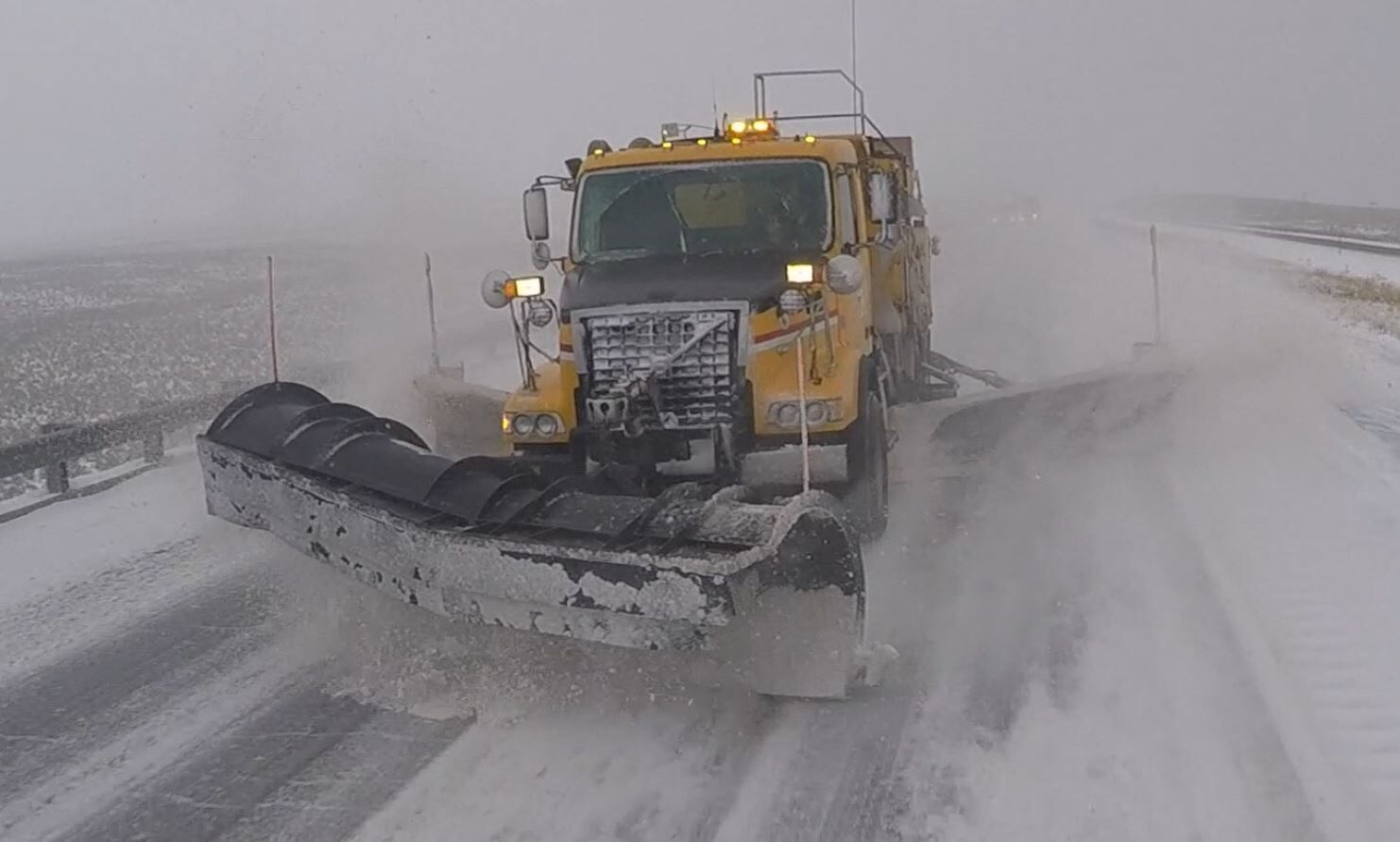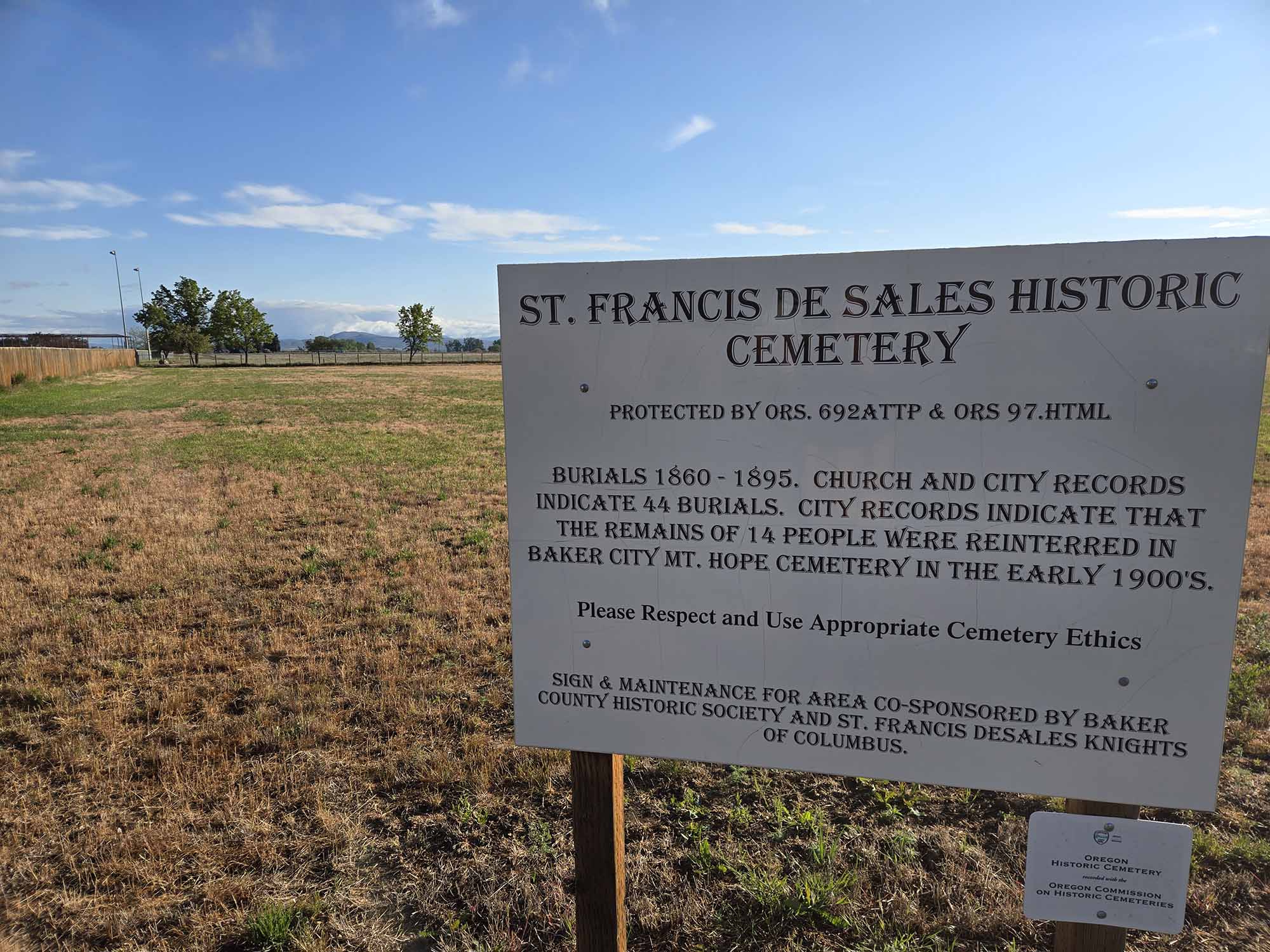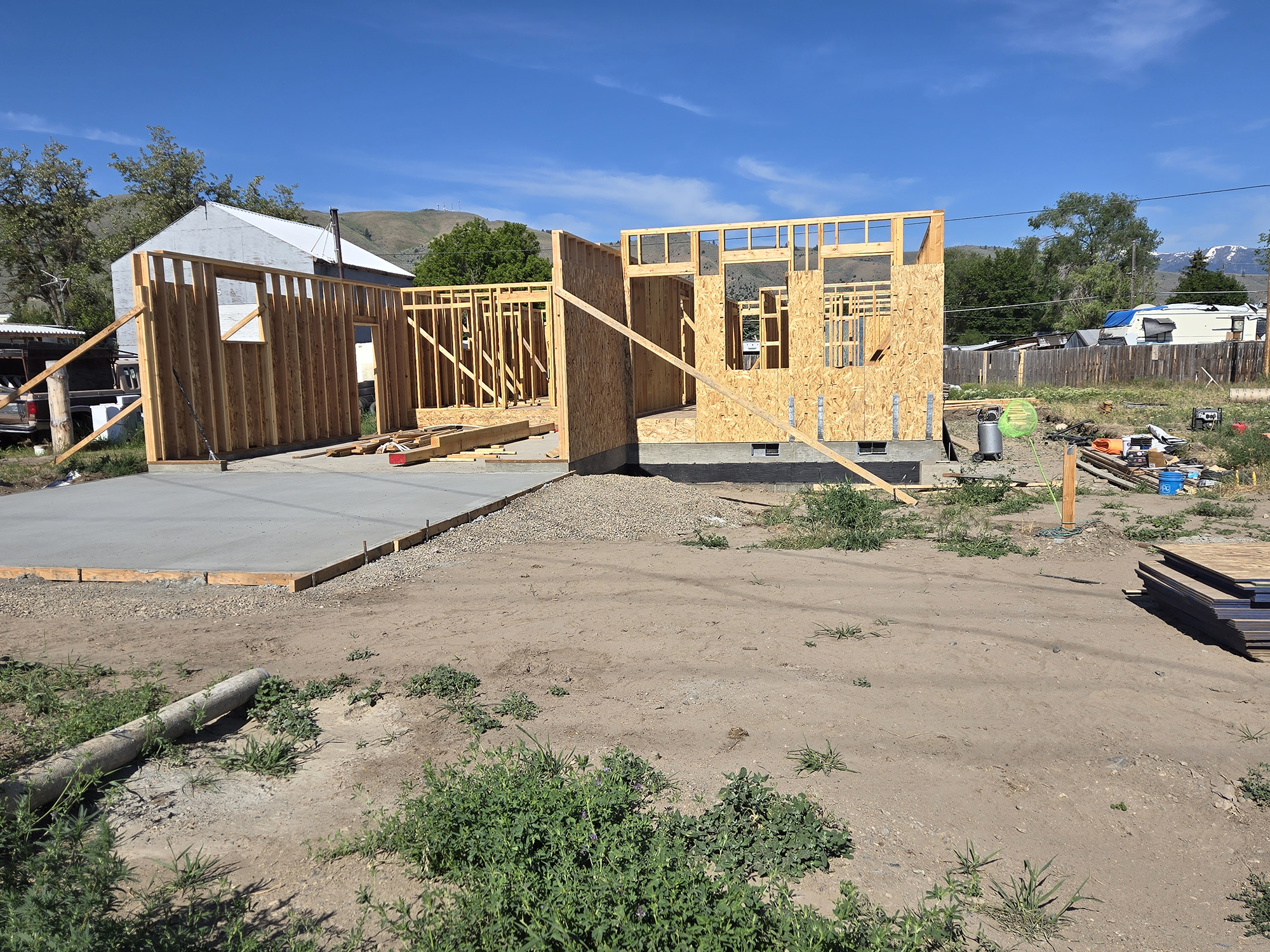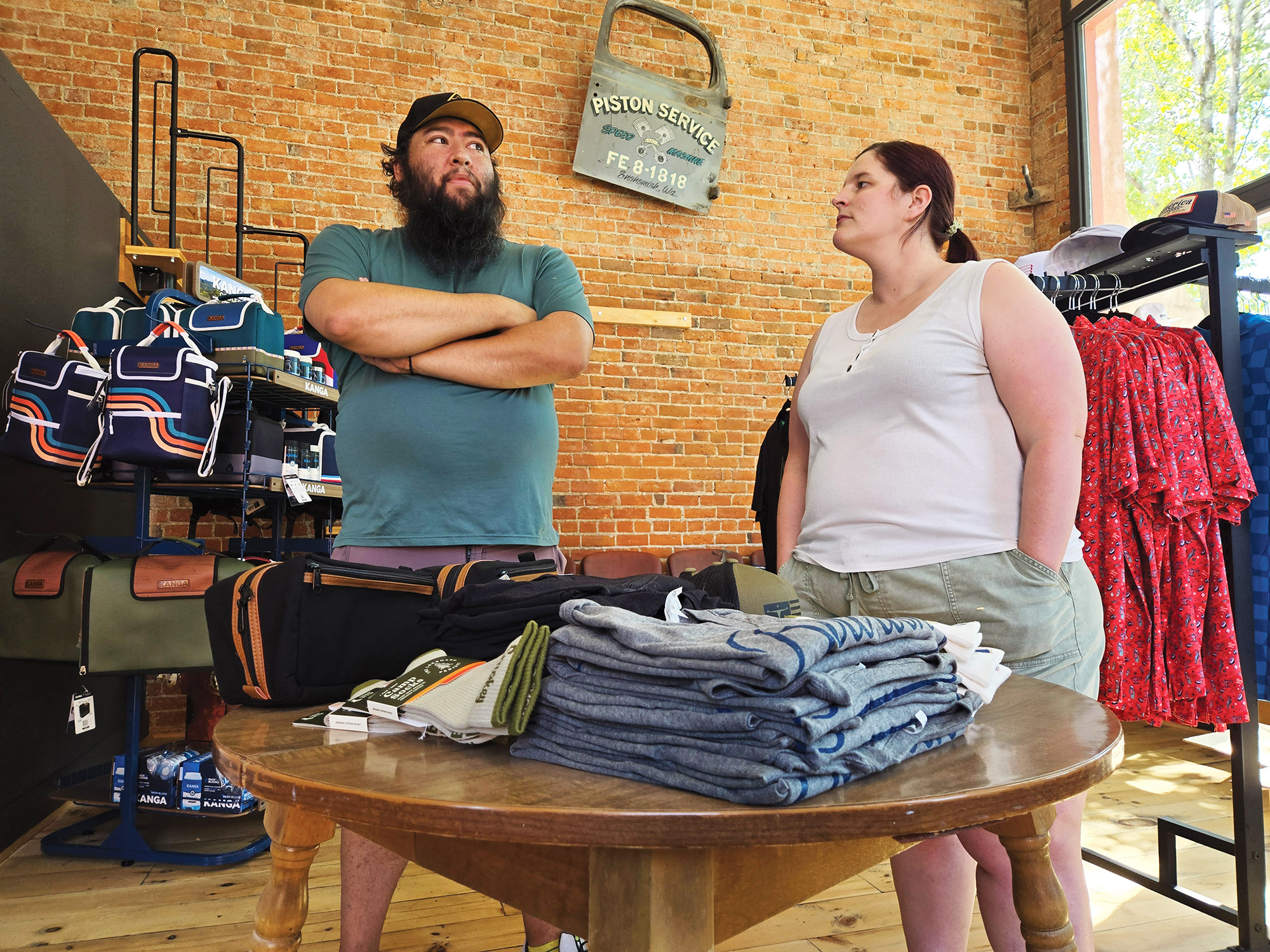Inflation taking a bigger bite of Oregonians’ paychecks
Published 6:00 pm Tuesday, May 24, 2022
SALEM — Oregonians’ wages continue to soar — but inflation is rising even faster.
Trending
“The average Oregonian’s purchasing power is lower today than it was a year ago. Our standard of living is declining,” Josh Lehner of the Oregon Office of Economic Analysis told lawmakers recently while delivering the state’s quarterly revenue forecast.
Average wages in Oregon are up 17% since the start of the pandemic, according to federal and state data. But price increases have gobbled up most of those gains — and over the past year, inflation has risen so fast that most workers are effectively getting pay cuts.
Adjusting for inflation, Lehner said Oregonians’ “real” wages are down 3% in the past year. He said four out of every five workers are losing ground to rising prices.
Trending
“Inflation hurts our low-income neighbors the most, and those on fixed income,” Lehner said. “They’re living paycheck to paycheck. They’re spending every single dollar they earn, and sometimes more.”
Rising prices are beginning to eat into consumer spending, threatening to throw the economy back into recession.
Earlier this month, for example, Dutch Bros warned that higher gas prices are leaving its customers with less discretionary income, reducing the frequency of their visits to the drive-thru chain. The news sent the Oregon company’s stock tumbling.
Even so, state economists said the consensus among the Oregon businesses they consult with is that a recession isn’t likely. And there are hopeful signs that inflation may be easing.
Used car prices, for example, rose 50% from the start of the pandemic through the end of 2021. But in recent months they’ve fallen modestly.
And while gas prices remain high, the rate of increase has slowed dramatically. That may not be much relief to drivers weary of paying $4 a gallon — or even $5 — but it suggests a new equilibrium.
With the Federal Reserve raising interest rates to tame inflation by cooling the economy — also raising the cost of borrowing money, such as for a home mortgage or ringing up a credit card balance — Lehner said there are hopeful signs the worst of the price increases may soon be in the rear-view mirror.
“There is an opportunity for this to play out in that soft-landing scenario,” he said.








